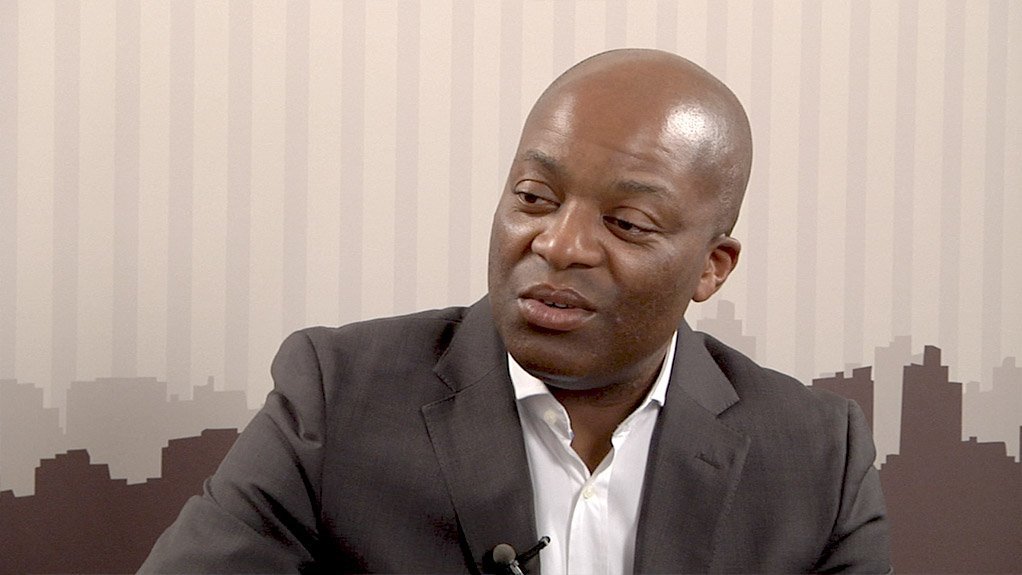While it is easy for South Africans to maintain a negative outlook about the volatile challenges South African society faces, political analyst Justice Malala feels that it is important to look at the positive impacts that arise from these situations.
Addressing an audience at the eighth Integrated Housing Solutions Affordable Housing Summit, in Johannesburg, on Thursday, Malala cited recent examples of political turmoil in South Africa, such as the ‘Nenegate’ scandal, which involved President Jacob Zuma’s firing of former Finance Minister Nhlanhla Nene in December last year, and the #FeesMustFall movement, which has incited riots and led to the burning down of university property, leaving people with a negative outlook on the country.
Malala pointed out that positive situations could sometimes arise from political turmoil.
“Looking at challenges South African society has faced throughout the years, it is important to note positive developments,” he said.
He highlighted that, after ‘Nenegate’, there was a lot of uncertainty in the country. “Immediately after that, however, President Zuma, [incumbent] Finance Minister Pravin Gordhan, [as well as] labour and the private sector, got together to draft a nine-point plan to avoid the country being downgraded to junk status by ratings agencies and to ignite job creation,” he said, adding that something good came out of that specific crisis.
Malala further pointed out that, last week, South Africa's biggest companies subscribed for shares in a R1.2-billion small and medium-sized enterprise fund, which was established as a private unlisted company by the CEO Initiative.
He noted that the fund would provide entrepreneurs with access to venture capital and that, through the fund, big business was tackling unemployment.
Malala added that most of South Africa’s institutions were strong and independent and more of them were standing up for themselves.
“[However], there are also institutions going through a terrible time, such as the Hawks and the South African Revenue Service. What is happening there needs to be fixed urgently,” he stated.
Touching on the outcomes of the recently held municipal elections, Malala noted that South Africa was becoming a normal democracy, where power was being contested.
“We are seeing a normalisation of the country,” he said.
He added that 3-million African National Congress (ANC) voters did not vote in the elections and that the key to the next elections lay in those 3-million people.
“Those in power today have a lot of pressure to deliver, or they might not be in power after the next election cycle.”
Malala stated that "brittle coalitions" formed between opposition parties were being widely discussed and debated.
“Nothing has been signed between the [Democratic Alliance (DA)] and the [Economic Freedom Fighters (EFF)]. The EFF is under no obligation to support the DA,” he said.
Meanwhile, Malala stated that the National Development Plan (NDP) was supported by 93% of MPs and that only the EFF did not support it.
He pointed out, though, that not a single target outlined in the NDP, which focuses on job creation, equality, and the eradication of poverty, had been met.
“Maybe now, after the outcomes of the elections, people in [government-appointed] positions will feel the need to implement some of the suggestions outlined in the NDP,” he said.
Looking forward, he added that racism would trend over the next few years, and that it was “a conversation to be had” and one which young people would initiate.
He further highlighted that there were 8.9-million unemployed people in the country and that the issue of unemployment needed to be resolved, along with poverty and inequality.
According to Malala, Zuma would stay in power until the ANC national elective conference in December next year; he also predicted that land disputes and land claims would be prominent in the near future.
EMAIL THIS ARTICLE SAVE THIS ARTICLE
To subscribe email subscriptions@creamermedia.co.za or click here
To advertise email advertising@creamermedia.co.za or click here











